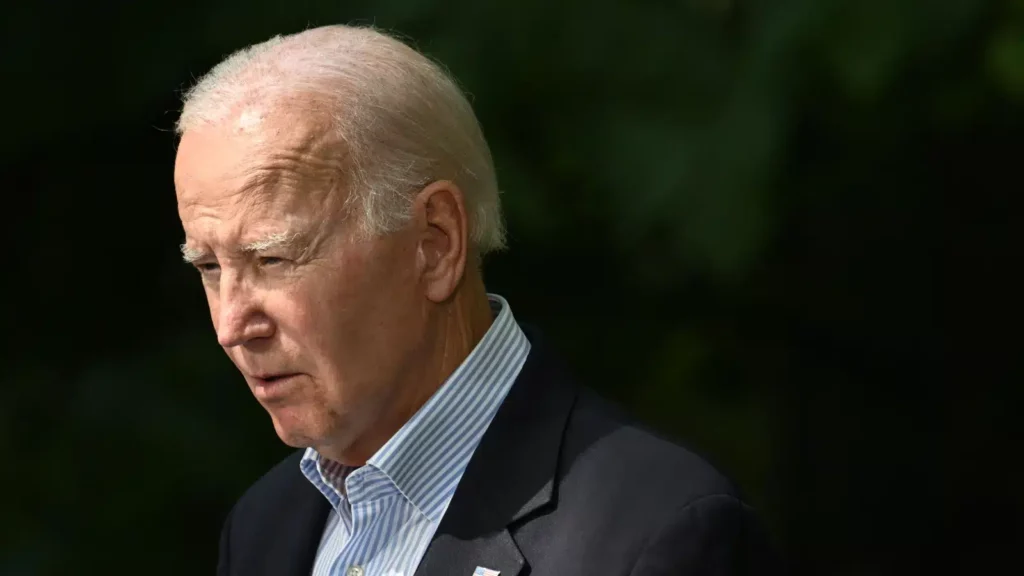
The island of Maui, a jewel in the Pacific known for its pristine beaches, lush landscapes, and vibrant culture, has recently faced an unprecedented crisis. Wildfires, a devastating force of nature, have wreaked havoc on this paradise, leaving in their wake a trail of destruction and a community grappling with loss, uncertainty, and a desperate need for aid.
Amidst this backdrop of devastation, a poignant moment captured the nation’s attention. Ella Sable Tacderan, a longtime resident of Maui, voiced her anguish and the collective despair of her community during a CNN interview. “”Where is the president?”” she implored, her voice echoing the sentiments of an entire island that feels forgotten in its time of dire need.
Tacderan’s heartfelt plea is emblematic of a deeper sentiment. It’s a cry for recognition, for validation, and for the assurance that the residents of Maui, despite their geographical distance from the mainland, are as much a part of the American tapestry as any other community. “”Aren’t we Americans too?”” she asked, a question that resonates deeply in a time when the island desperately seeks federal intervention.
The immediate aftermath of the wildfires saw the Maui community displaying resilience and unity. Stories emerged of neighbors supporting neighbors, of local businesses providing aid, and of a community rallying together to face adversity. Yet, amidst this local solidarity, a glaring absence was palpable – the lack of a robust and timely federal response.
President Biden’s initial silence on the Maui crisis was, for many, a deafening affirmation of their fears of neglect. When he finally addressed the situation, his lapse in recalling the island’s name was perceived as more than just a momentary gaffe; it felt like a reflection of the administration’s broader indifference to the plight of the Maui residents.
The federal government’s proposed aid, a one-time payment of $700 to the victims of the wildfires, has been met with skepticism. While any assistance is undoubtedly welcome, many in Maui question its adequacy. The scale of the devastation demands a comprehensive, sustained effort, not just token gestures. Homes have been destroyed, livelihoods upended, and the very fabric of the community has been strained. Can such profound challenges truly be addressed with a one-off payment?
Furthermore, President Biden’s promise of a visit to the island, while a significant symbolic gesture, remains unfulfilled. Such a visit would not only signal federal support but also serve as a morale boost for a community that feels increasingly isolated. Yet, as the days go by with no confirmed date, and with news of the president embarking on another vacation, the residents of Maui are left questioning their importance in the broader national narrative.
The situation in Maui is a stark reminder of the responsibilities that come with leadership. It underscores the importance of timely intervention, empathy, and the need to prioritize the well-being of all citizens, irrespective of where they reside.
As Maui begins the arduous journey of recovery and rebuilding, the nation watches closely. The coming weeks will not only be a testament to the island’s indomitable spirit but also a reflection of the federal government’s commitment to its people. The ball is now in the administration’s court, and the nation, especially the residents of Maui, await its next move with bated breath.
Source Trending Politics

